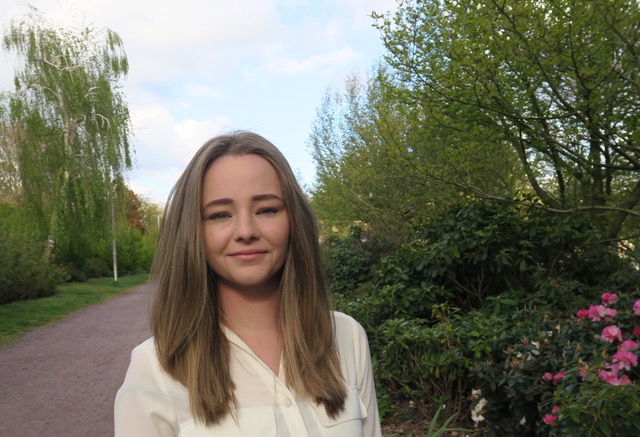I’ve always thought a lot about myself; not in the sense that I thought highly of myself, but just, I thought a lot aboutmyself. I called it self-awareness: the ability to sense an awkward silence, anticipate a reaction and patch up the story before anyone noticed the gap. As a teenager, I even made lists of my flaws, convinced that naming them first would make me immune to the shock that comes with another’s judgement. Later, I worshipped writers like David Foster Wallace, believing his all-encompassing self-scrutiny was the ultimate virtue for writery-psychoanalytic types like me. So when friends accused me of talking about myself too much, I was stunned. Wasn’t this my virtue? My almost-saintly commitment to objectifying myself?
For a long time, I genuinely thought the mistake most people made was that they couldn’t see themselves clearly. I was convinced I could. During arguments, I’d obsessively retrace everything I said, certain that if I just found my own blind spot, I’d finally be right. My mum would listen, concerned, and say, ‘Would you talk to a friend like that?’ And I’d think, ah! No, exactly, that’s the point! I can’t see myself like I can see that friend, so I have to work harder. If I knew every flaw, I’d be safe. I thought all of this was insight and proof that I was somehow a serious person committed to knowing myself. But in reality, it was a way to justify my own anxiety. I dressed it up in modern-day ideals so I wouldn’t have to think about how terrified I was of what other people thought of me (or, more specifically, how little they did).
For Freud, anxiety wasn’t just fear; it was the tremor that signals the fantasy holding your world together has begun to slip. In The Uncanny (1919), he describes the terror that arises when the familiar turns foreign, when what once felt safe suddenly feels charged with threat. Something you thought you knew about yourself starts to slip. Anxiety arrives at that threshold, i.e., when the meaning you’ve relied on no longer fits. For me, it happened in adolescence, when I first had to consider that my desirability to the Other wasn’t guaranteed. The idea that I could or could not be wanted was too tall a question, and I tried to manage it by mastering myself, naming my flaws and rehearsing interactions endlessly. This adolescent project of trying to anticipate the Other set the stage for my twenties.
Lacan would say anxiety doesn’t come from absence, but from too much presence; the collapse of distance between who we are and who we appear to be. My twenties were a lived illustration of this: the same adolescent anxiety replayed, now magnified, as I became obsessed with my image and my experience merging. Every interaction felt like a test of whether I measured up to the rehearsed self I carried in my head. My project of naming flaws and rehearsing interactions became a compulsive response to the Other that structured my life while constantly reminding me of its unknowability. And all the while, I was missing the point entirely: I’d meet people and talk endlessly about myself, thinking this obsessive calibration was insight, when really it only intensified my anxiety and drew me further into my own world. Those who loved me did so for traits I barely recognised, and those who found me grating hated me for traits I didn’t have.
So, then, in some way, maybe to actually live with one’s anxiety is not to fix it, but to hear it; to notice the space between what we feel and what we show of ourselves as the most humanly alive part of us. In other words, my constant self-scrutiny, my anticipation, my replaying and editing is how I create a distance between myself and my image; it’s how I navigate a world that is always looking back. But instead of believing it will perfect me, or that it will fully control the way others see me, or that it will ever lead me to any kind of knowledge at all, I could think of it as an attempt at creating space. I will always think about myself and I will always get it completely wrong. And that, in a blurry and fogged up kind of way, is my happy place.
Written by Molly Fitz
